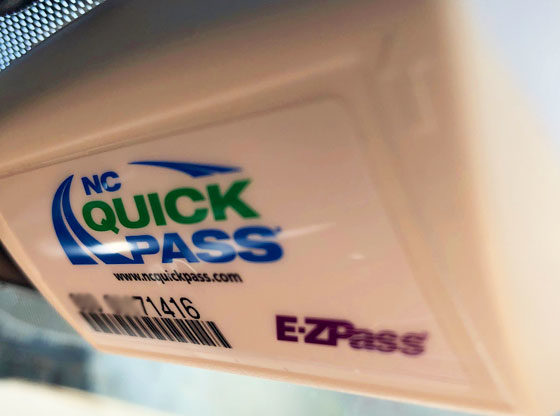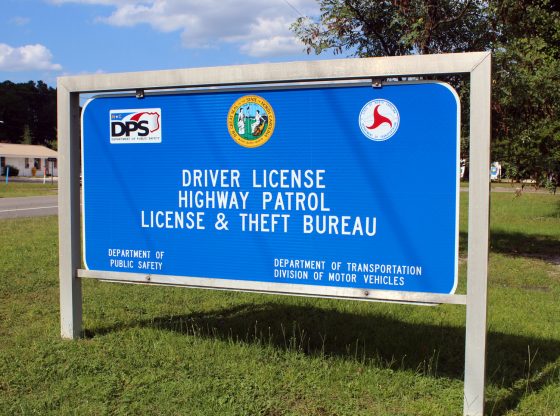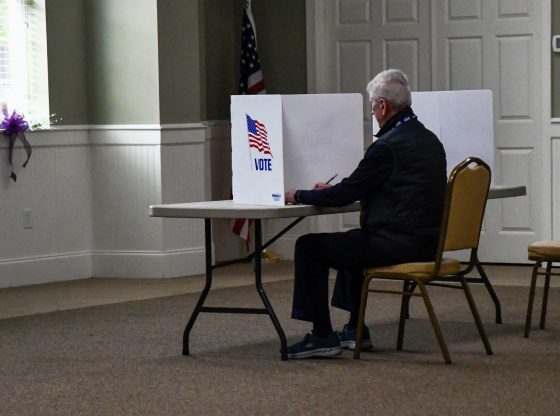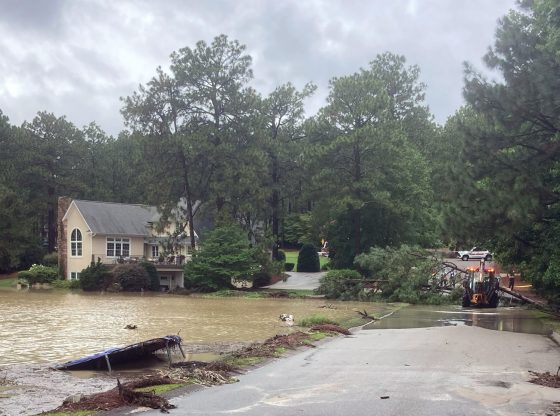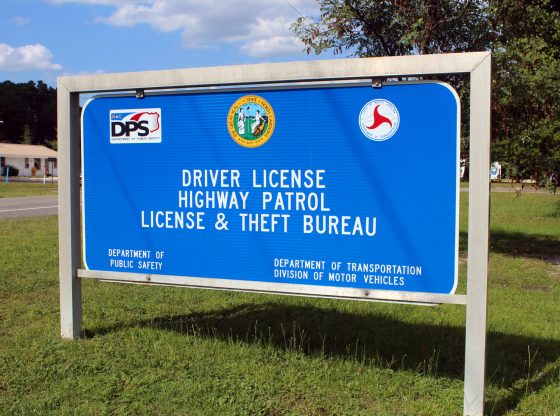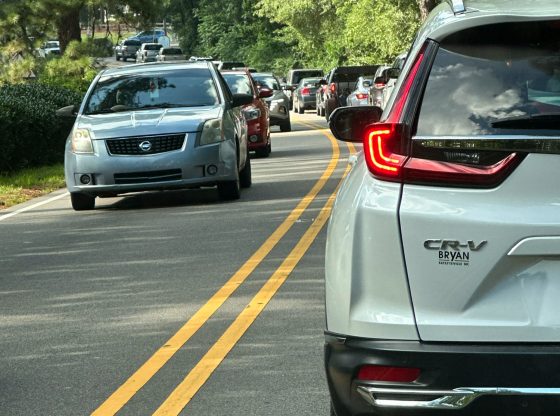RALEIGH, N.C. (AP) — North Carolina Gov. Roy Cooper on Tuesday announced his desire for the state’s more than 1.5 million public school students to be given the option of daily in-person classes. But he declined to compel districts to make that option available.
“Let’s give these local boards a chance,” Cooper said. “They’ve had to make some very tough decisions on the ground. I think we agree our decisions are best made about education at a local level.”
But many children and parents remain stuck in online-only offerings. The state’s largest two districts in Wake and Mecklenburg counties presently have all students learning remotely. A database of all 115 districts’ reopening maintained by the N.C. School Boards Association shows many other areas staying fully online.
Cooper now finds himself in the unique position of being at odds with both Republican leaders and the state’s largest lobbying group for teachers. The North Carolina Association of Educators wants more reopening money and safety protections for teachers, while Republicans are calling for a statewide requirement to swiftly reopen K-12 schools.
The newly reelected governor said he has issues with a plan from state lawmakers that would force districts to offer at least partial in-person instruction to all of its students, though parents must be given the choice to keep their kids at home.
“I don’t think that’s the way to go,” Cooper said. “I think the way to go is to get our local boards to take this action, and I believe that most of them will do and hopefully all of them will do so because it’s the right thing to do.”
Cooper said he worries Senate Bill 37 would compromise safety guidelines and added local school boards need flexibility to make decisions on their own. The governor also cited local control as a reason for his decision not to issue an executive order.
In September, Cooper encouraged districts to reopen K-5 classes for in-person instruction. He did not extend that recommendation to middle schools and high schools. Updated guidance from his administration on Tuesday reiterates prioritization for younger students by allowing elementary school kids to go back in person without having to maintain 6 feet (1.8 meters) of physical distancing.
The bill introduced by three Republican lawmakers and supported by GOP leadership cleared its first committee vote on Tuesday.
“These poor little kids, sitting in front of these screens, it’s just criminal what we’re doing to them,” said GOP Senate Majority Whip Tom McInnis during the education hearing. “We need to put them back in the classroom. We need to give the option which you’ve given here. This is great legislation.”
The plan calls for all K-12 students to return to in-person instruction within a couple weeks of it becoming law. Cooper hinted at his opposition to the bill as is, but did not say whether he would veto it if it reached his desk.
“We’ll continue talking to the legislature,” Cooper said. “I have concerns with this legislation that’s going through right now and hope today spurs actions by local school boards, and I think that that will happen.”
Standing alongside Cooper at Tuesday’s news conference was Republican Superintendent of Public Instruction Catherine Truitt. She cited studies showing less severe health risks of bringing kids back to school compared to transmission in the general community.
“We have received extensive data to confirm that the health risks of in-person attendance are thankfully much lower than we initially feared,” Truitt said.
Meanwhile, teacher advocates are upset Cooper and public health officials have not placed teachers higher up in the vaccine priority list.
Tamika Walker Kelly, president of the educators association, criticized Cooper’s decision to pressure districts to go forward with more in-person instruction.
Kelly said in a statement that “without the widespread vaccination of educators and strictly enforced social distancing, it is impossible for many schools to open safely. … If Governor Cooper feels so strongly about resuming in-person instruction quickly, then he should support educators and immediately bring the full weight of his office to bear to get all educators vaccinated by the end of this month, just as 25 other states have been able to do.”
Copyright 2021, The Associated Press. All rights reserved.










